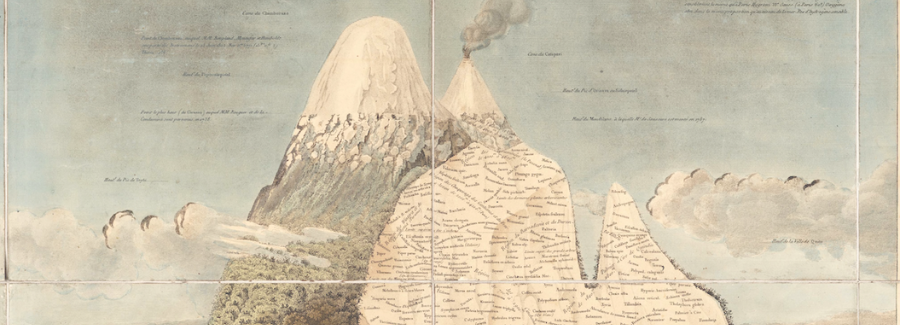Semester:
Fall
Offered:
2023

Day/Time
M 12:45PM – 2:45 PM
Instructor
Carranza
The brilliantly witty German physicist and satirical author Georg Christoph Lichtenberg once remarked that "The American who first discovered Columbus made a horrible discovery" ("Der Amerikaner, der den Kolumbus zuerst entdeckte, machte eine böse Entdeckung."). Taking inspiration from the insightfully eccentric perspectives that another culture might have on our own (and our own on it), this course interrogates the dynamics of transnational cultural transfer by examining case studies of bidirectional German-American intellectual exchange with an eye in particular to how the concept of freedom migrates across literature, philosophy, and political thought. Such cases span a broad historical range, from Alexander von Humboldt's exploration of the New World and Hegel or Kleist's fascination with the Haitian revolution to the origins of Transcendentalism in New England and the writings of wartime German-Jewish émigrés in Californian exile. Throughout this series of exemplary cases, we will continually return to the question of how the practice of quotation refigures conceptions of freedom, actualizing otherwise unrealized potentials of meaning by situating source texts in new contexts. What does it mean, for example, for Margaret Fuller, in arguably the first American essay on women's rights, or for W.E.B. Du Bois, who studied Hegel in Germany, to quote Schiller (in German) at key moments in their arguments? After examining key moments in this history of transatlantic exchange, students will develop a case of their own devising for their final research projects.